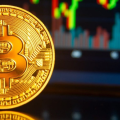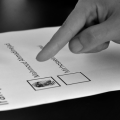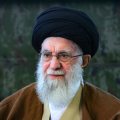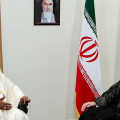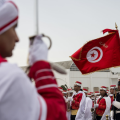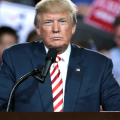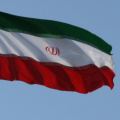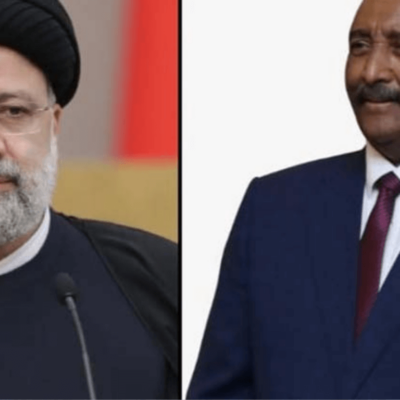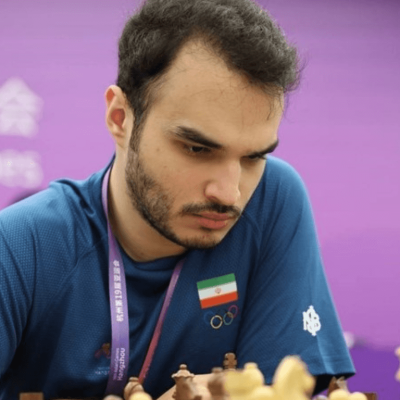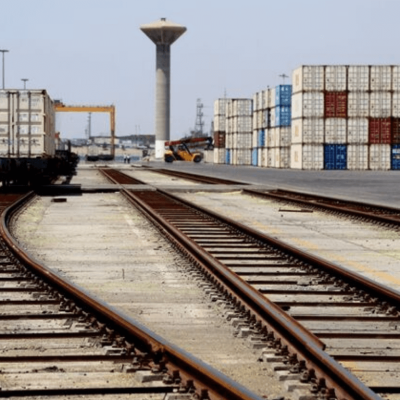Who are Iran’s Presidential Candidates 2024?
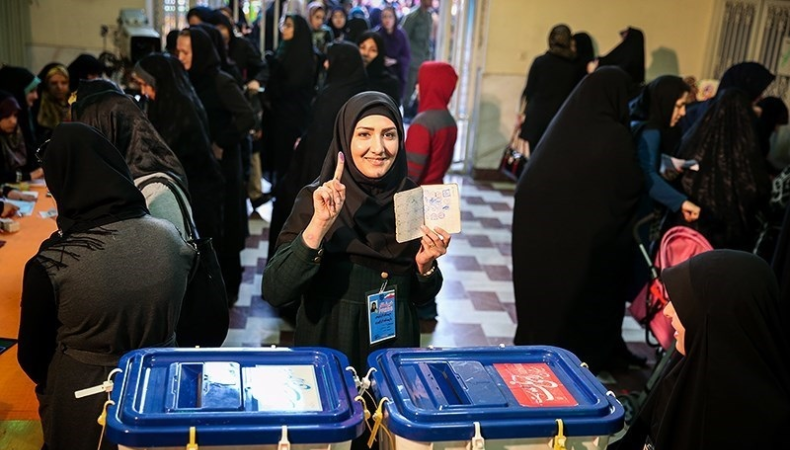
Six candidates permitted by the theocracy to run in Friday’s presidential election point Iran’s political scene for major transformation. Along with several other officials, the election seeks to name a successor for the late President Ebrahim Raisi who sadly perished in a helicopter crash in May.
While a little-known lawmaker and heart surgeon reflects the lone reformist voice among the contenders, the speaker of the Iranian parliament is the most identifiable person. Remaining contenders strongly support Supreme Leader Ayatollah Ali Khamenei and challenge the West, adopting hard-line policies.
Amirhossein Hashemi
Amirhossein Ghazizadeh Hashemi, 53, provides knowledge from his past positions as chairman of the Foundation of Martyrs and Veterans Affairs and vice president for Raisi. He finished last in the 2021 presidential contest with barely under a million votes. Emphasizing Iran’s capacity to flourish without foreign investment, despite the country’s urgent economic problems, Ghazizadeh Hashemi has constantly supported consistency with Raisi’s policies.
People who advocate nationalistic economic policies and self-reliance will find resonance in his agenda. Message from Ghazizadeh Hashemi is clear: Iran has to create its own road free from outside influence. A section of the population tired of foreign meddling and dubious of the advantages of globalization will find appeal in this position.
Saeed Jalili
A seasoned political figure is 58-year-old hard-liner and former senior nuclear negotiator Saeed Jalili. His experience includes running in the 2013 presidential contest and a fleeting 2021 campaign prior to his withdrawal to back Raisi. After losing a limb in the Iran-Iraq war, Jalili, sometimes known as “The Living Martyr,” has a strong opposition against discussing Iran’s nuclear program with the West. Targeting rural people mostly, his campaign emphasizes his relentless allegiance to Khamenei and opposition to Western influence. Deeply anchored in his combat experiences and ideological dedication to the basic ideas of the revolution, Jalili approaches politics. Aiming to confirm Iran’s sovereignty and resistance against what he believes to be unfair foreign pressure, his policies reflect a conviction in the strength and self-sufficiency of the nation.
Keep on Reading
Masoud Pezeshkian
Among the hard-liners, Masoud Pezeshkian, a 69-year-old heart surgeon, shows himself as the only progressive. Promoting renegotiations with the West to bring back the 2015 nuclear agreement, Pezeshkian underlines the financial need of world communication. Supported by former Foreign Minister Mohammad Javad Zarif, Pezeshkian’s campaign targets the young, women, and ethnic minorities. But experts say his success depends on strong voter turnout, a prospect tarnished by the general indifference of the country. For those wishing change and modernization inside Iran’s political structure, Pezeshkian’s candidacy offers a ray of hope. His platform offers a pragmatic approach to diplomacy and economic recovery, directly reacting to the economic difficulties caused by international isolation.
Mostafa Pourmohammadi
Among the clergy running, Mostafa Pourmohammadi is the only 64-year-old one. His contentious background includes serving under Mahmoud Ahmadinejad as interior minister and under Rouhani as justice minister.
Especially, the U.S. State Department linked him to the 1990s “chain murders” and the 1988 mass execution of political prisoners. Notwithstanding these claims, Pourmohammadi emphasizes the need of international involvement and has attacked Iran’s backing of Russia in the Ukraine conflict, claiming Tehran should get more in return for its help. His effort depends on the backing of traditionalists and clergymen. Reflecting a complex mix of hard-line conservatism and a pragmatic approach to foreign policy, Pourmohammadi’s background and language reveal a nuanced strategy meant to negotiate Iran’s geopolitical terrain while preserving traditional ideals.
Mahmoud Bagher Qalibaf
Considered the front-runner in the contest is 62-year-old Iranian parliament speaker Mohammad Bagher Qalibaf. His reputation is enhanced by his past as a former mayor of Tehran and a general from the Revolutionary Guard. Controversial past of Qalibaf includes participation in 1999 and 2003 student demonstrations crackdowns. Emphasizing the middle class and offering promised cash transfers for the underprivileged, his campaign presents him as a competent manager able of guiding Iran out of its present problems.
His relationships to Khamenei and the Revolutionary Guard help him to stand among conservatives. Viewed as a seasoned administrator with the knowledge required to guide Iran through its social and economic upheaval, Qalibaf Appealing to electors looking for a firm leader, his military history and political career together provide a story of strength and consistency.
Alireza Zakani
The 58-year-old Tehran mayor Alireza Zakani, a hard-liner, also withdrew from the presidential contest to back Raisi. Zakani supports diplomatic answers and neutralizing of foreign sanctions. His platform calls for Iran’s oil to have more value-added products and the dollar to be dropped as the benchmark currency. Promising cash transfers to the underprivileged and free health care for women and the elderly, Zakani has not gone into great detail on how he can reach these lofty standards. Proposals by Zakani show a populist agenda meant to solve Iran’s most disadvantaged communities’ urgent problems. Though tempting, his pledges call for significant policy specifics and execution techniques, which he has not yet fully expressed.
The terrain of the Election
Common occurrence in Iran’s political dynamics, the possibility of candidates withdrawing in favor of a unity candidate looms big as the election draws near. Given the record-low turnout in the most recent parliamentary election, authorities’ restrained appeal for public participation stands out as quite different from earlier elections. This change suggests a likely drop in public participation, thereby influencing the result of the election greatly. The quiet campaign climate and low public enthusiasm point to a rising disenchantment among the Iranian voters with the political system. This indifference might result in reduced voter turnout, therefore compromising the legitimacy and mandate of the final winner.
All things considered, this election marks a turning point for Iran since so many contenders offer different ideas about the direction of the nation. The next president and the course Iran will follow among its continuous political and economic difficulties will depend much on the response of the voters and the final grouping of candidates. The platforms of the candidates and their capacity to organize support will determine the course of the nation, therefore affecting not only internal policies but also Iran’s foreign policy. The result of this election will be a yardstick of Iran’s political environment and a guide of its future course.

